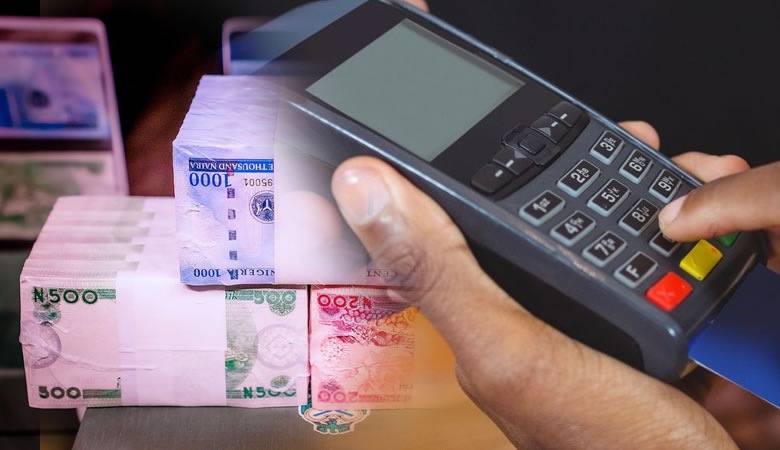Lagos, Nigeria – The recent cash shortages in Nigeria have highlighted the vulnerability of the country’s alternative payment systems, igniting a renewed push towards a cashless economy and fueling a rapid rise in digital payments.
The cash crunch had a profound impact on Nigerian citizens, making it difficult for them to access their savings. Small- and medium-sized enterprises (SMEs) were hit particularly hard, as they account for over 90 percent of businesses and handle 80 to 90 percent of customer-to-business (C2B) payments in Nigeria. This challenging situation has opened doors for merchant acquirers seeking to capitalize on these opportunities and thrive in this evolving market.
According to a recent analysis by McKinsey, titled “Acquiring the advantage in a fast-evolving industry,” the outlook for merchant acquiring in Nigeria is optimistic. Several factors are working in its favor, including increasing digital penetration and usage, a rapidly evolving fintech industry catering to the digitally-savvy youth, and collaborative efforts by financial and government institutions to promote financial inclusion.
Mayowa Kuyoro, a partner in McKinsey’s Nigeria Office and leader of the firm’s Payments Practice in Africa, emphasizes the need for digital payment companies to seize this momentum and provide SMEs with reliable and cost-effective payment solutions. By doing so, these companies can position themselves strongly as Nigeria accelerates towards cashless transactions.
As of 2021, the electronic payments sector in Nigeria generated an estimated $2.1 billion in revenue, with domestic payments accounting for approximately 60 percent of this value. Domestic payments revenue is projected to grow by about 34 percent per year by 2026, reaching $5 billion.
Merchant acquiring, a crucial part of the domestic C2B market, accounts for a substantial share of the revenue. Currently, at $320 million, this revenue is expected to grow to around $900 million by 2026, primarily driven by card transactions.
However, challenges remain on the path to full digitalization. For instance, POS penetration in Nigeria is low compared to other African economies. Onboarding new merchants can also be challenging and costly due to limited alternative payment acceptance and low merchant literacy levels.
Traditional merchant acquiring in Nigeria has been led by banks catering to large corporates, but SMEs offer a promising opportunity for merchant acquirers in terms of transaction volume and value. Digital innovators that can provide SMEs with efficient payment solutions are gaining a competitive edge and transforming the landscape of merchant acquiring.
As digital penetration grows, electronic payment methods are also on the rise. Nigeria’s substantial mobile phone user base and increasing internet penetration are driving this trend. With strong organic demand for digital payment solutions, merchant acquirers have a significant role in driving financial inclusion and supporting the Nigerian economy.
“By leveraging technology and collaborating with stakeholders across the payment ecosystem, merchant acquiring companies could make significant inroads into this potentially valuable segment. At the same time, by providing SMEs with better payment services, merchant acquirers also have a key role to play in driving financial inclusion and supporting the Nigerian economy. Most importantly, they can help to ensure that a lack of cash need never again be the reason that Nigerians experience hardship,” says Tola Sunmonu-Balogun, an associate partner in McKinsey’s Lagos office.










